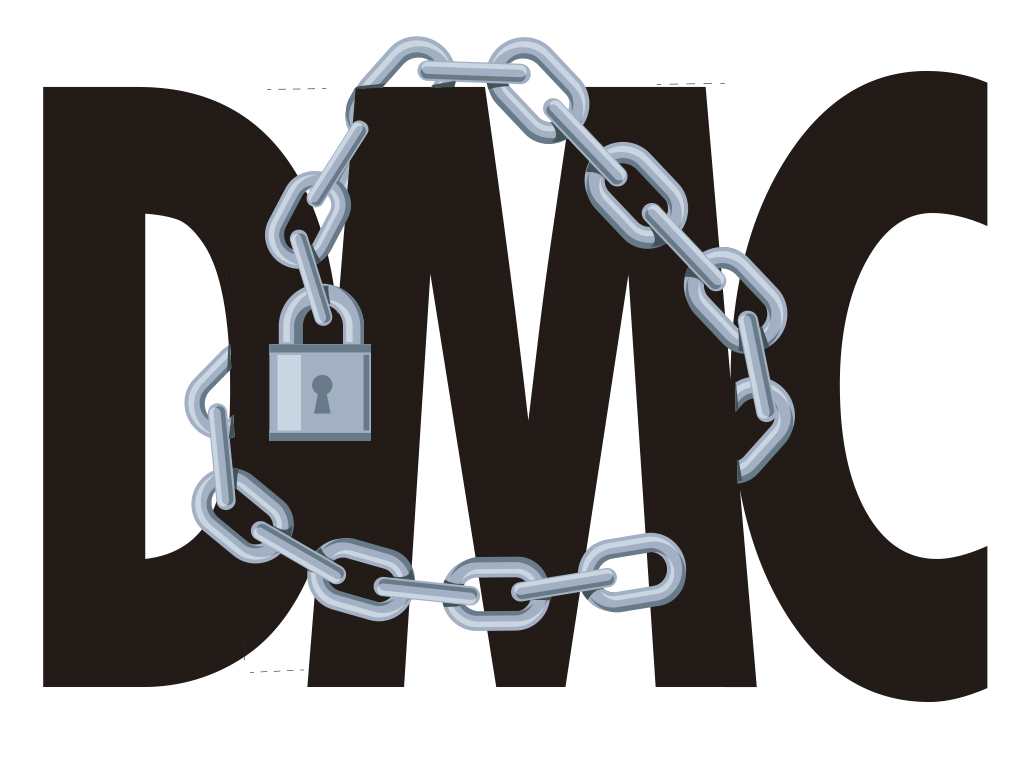
The court is making efforts to keep the DMC doctrine within its proper bounds, says Edward Rowntree
Earlier this year, the Court of Appeal opined for the first time in over 20 years on the subject of donatio mortis causa (DMC)—one of the most significant exceptions to the restrictions on both the transfer of real property and the formalities of executing wills ( Dubrey v King [2015] EWCA Civ 581, [2015] All ER (D) 105 (Jun)). A DMC is a gift of real or personal property made by D to R in the following circumstances: (i) D makes the gift because he anticipates death; (ii) D makes the gift on the understanding that if he dies, R will keep it; (iii) if D survives, he will get it back; (iv) D may revoke the gift at any time; and (v) if R predeceases D, D gets it back. It has been described as being of an “amphibious nature” having some characteristics of a gift inter vivos and some of a legacy.
Case history
It was





.tmb-mov69x69.jpg?sfvrsn=961ae4db_1)
95ca96e3d47f4eff8d147c4f0df17c77.tmb-mov69x69.png?sfvrsn=3db5d86b_1)

